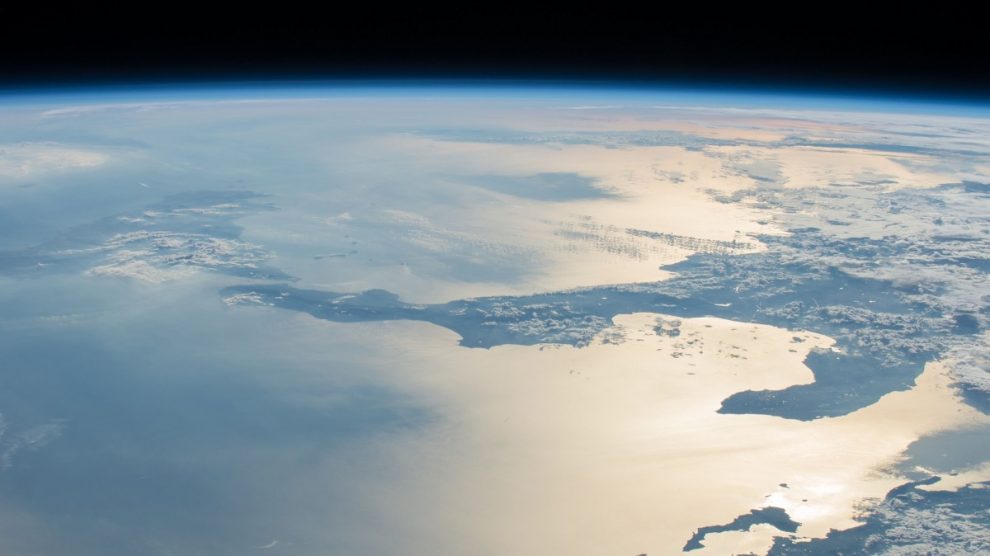Decoding the news. Italy is a natural maritime power due to its geomorphological and thus geostrategic configuration, yet it still lacks an integrated industrial strategy for the Maritime Economy.
- Confindustria proposes an operational roadmap to transform this sector into a structural pillar of growth, international competitiveness, and territorial development, particularly in the Mezzogiorno. The Italian government declares itself ready for this qualitative leap.
By the numbers. Currently, the sector’s overall value amounts to 216.7 billion euros (+38.4 billion compared to 2024)
- Direct impact: 76.6 billion euros
- GDP incidence: 11.3% (versus 10.2% in the previous year)
- Companies involved: over 230,000
- Employees: over 1 million
- Enterprise growth 2022–2024: +2%
Confindustria’s proposal encompasses three strategic drivers, stranting from enhance infrastructure and port facilities, modernize fleets and carriers, invest in human capital and competencies.
- These drivers are coupled with three enabling levers:
- Financial resources for green and digital transitions
- Regulatory and administrative simplification
- Communication for a national culture of maritime competitiveness
Infrastructure and ports. Confindustria calls for urgent interventions to:
- modernize infrastructure, strengthen railway connections, and reduce environmental impact;
- digitize logistical and authorization processes, with 5G technologies and advanced tools;
- strategically utilize PNRR funds to make ports more competitive;
- support energy transition through quay electrification and development of alternative fuels (LNG, hydrogen, biofuels), using ETS proceeds and tax credits;
- define a clear regulatory framework for port energy communities and launch a national dredging plan;
- simplify governance, strengthen coordination between Port Authorities and involve economic stakeholders at local level;
- protect instruments such as “Ferrobonus” and “Norma Merci” in the revision of State aid;
- include port investments in the Single ZES and ZLS;
- support the modernization of tourist ports.
Fleets, shipping, shipbuilding. The primary priority indicated by the document is to simplify regulations and accelerate authorization procedures. However, Italian industrialists also propose to:
- guarantee concrete access to alternative fuels and ETS fund usage, maintaining equilibrium between decarbonization and competitiveness;
- harmonize European regulations with international standards to avoid distortions; strengthen naval shipbuilding with specific industrial policies;
- make the Italian flag more attractive in nautical leisure, overcoming bureaucracy and excessive costs;
- renew the fishing fleet with safer, more efficient and sustainable vessels, in compliance with European regulations.
Skills requirements. The gap between training and labor demand is substantial, therefore Confindustria proposes:
- enhancement of ITS and university courses, with focus on digital, logistics, languages, and energy transition;
- incentives for companies hiring young people with technical competencies;
- structured dialogue between enterprises, institutions, and the educational system;
- recognition of Maritime Economy as a strategic domain within the Mattei Plan.
What we’re watching. On September 22, 2025, there will be an operational meeting of the Maritime Economy Technical Group at the Genoa Boat Show.
- In 2026, Genoa and the Liguria Region will be Capital of the Maritime Economy, with the first edition of the annual Confindustria event.
- In 2027, the torch will pass to Naples and the Campania Region, confirming the strategic role of the Mezzogiorno.





